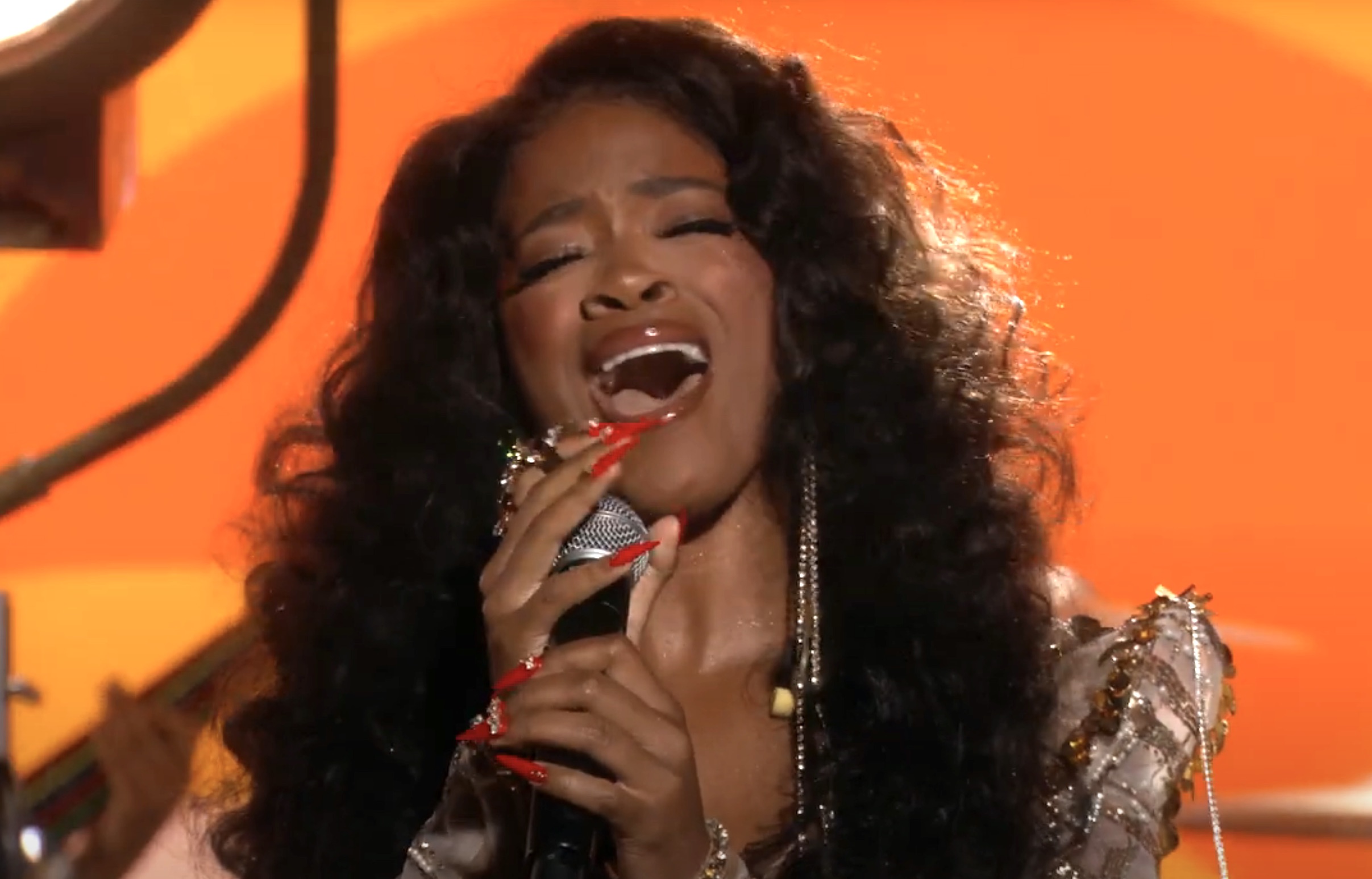Products You May Like
Ari Lennox, the soulful singer-songwriter known for her poignant lyrics and emotional transparency, is currently in a tumultuous situation with her record labels, Interscope and Dreamville, co-founded by J. Cole. Lennox has taken to social media to express her frustration, stating that she feels “played” and is seeking to be released from her contract.
In a candid Instagram post, Ari opened up about her struggles with the way her mental health has been portrayed in the public eye. She stated, “I told management I didn’t want this recent video to come out because I’m tired of people treating me like I’m the face of mental health… I’m a human being who has just been very transparent about my life.” This sentiment encapsulates her exhaustion and desire for autonomy over her narrative.
Lennox made waves in the music industry when she signed with Dreamville in 2015, becoming the label’s first female artist. Her ascent began with the release of her EP, “Pho,” which showcased her incredible vocal ability and garnered her a dedicated fan base. However, despite her talent, subsequent releases haven’t reached the level of commercial success expected, leading to a growing disconnect between her aspirations and her label’s actions.
The crux of her recent outcry revolves around a video she never wanted to be released. According to Lennox, her management promised her that the footage would not see the light of day, indicating a breach of trust that has significantly affected her. She revealed that they claimed the video would be removed, yet it remained accessible to the public under the guise of popularity. “They told me that they would take it down… but apparently they’re telling me that the video people were unresponsive,” she explained with visible frustration. This suggests a breakdown in communication that has left her feeling unsupported.
Lennox wishes for more protection from the labels she signed with, emphasizing the need for them to prioritize her well-being over marketing gimmicks. The experience has contributed to her feelings of dissatisfaction within the music industry, raising broader questions about the responsibilities of labels towards their artists, particularly when mental health is at stake.
Ari Lennox’s situation highlights the inherent struggles faced by artists when balancing creative expression with the commercial demands of record labels. As she navigates this challenging chapter in her career, her plea for agency and respect resonates with many who have felt similarly marginalized in their creative pursuits.
This moment serves as a turning point for both Lennox and her supporters. It underscores the importance of artists reclaiming their narratives and being empowered to define their paths in the music landscape. As fans rally behind her for this fight for autonomy, it also calls for an industry-reform conversation around mental health, visibility, and the treatment of recording artists. Despite the current challenges, Ari Lennox’s strength and resilience continue to shine through, paving the way for a new era of artist empowerment.
For Ari Lennox, this could just be the beginning of a much-needed transformation in how the music industry supports its artists.
